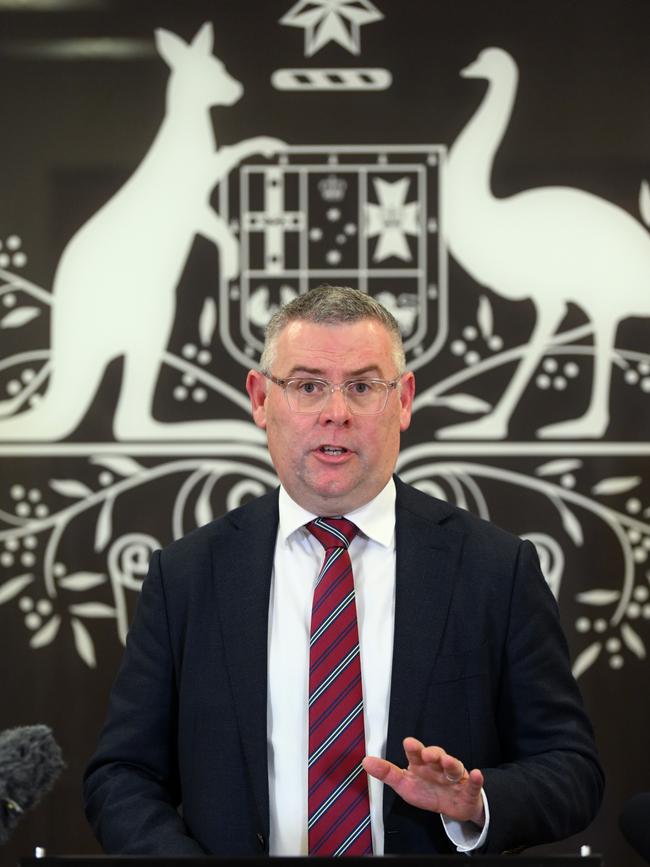Organic domestic standard report finds no workable options
Australia’s $2.6 billion organic industry is back to square one after a regulatory impact statement finds no workable options.
AUSTRALIA’S organics industry has slammed the federal government for not rubberstamping one of four tabled regulatory options for domestic organics certification.
A long-awaited impact statement into domestic organics certification released this week found none of the proposed options would deliver a net benefit for the booming industry in the short or medium term.
Australian Organic Limited chief executive Niki Ford said the industry had argued that the standards would pave the way for “equivalence arrangements” between Australia and major trading partners including the US and EU.
“Australian Organic represents thousands of producers, and they overwhelmingly believe, as clearly does every other developed nation in the world, that a mandatory domestic standard is vital for consumer confidence and export growth,” Ms Ford said.

“The PricewaterhouseCoopers report’s own conclusion, based on a cost-benefit analysis, is the non-regulatory option returns a worse result than any of the four regulatory options that were modelled.”
The PwC report found that cost recovery measures needed to implement a national standard could potentially have an adverse impact on hundreds of family businesses, increasing the input cost strain on these small operations and putting them at risk.
The findings are a blow for Australia’s $2.6 billion organics industry that has lobbied for a mandatory set of regulations for several years.
Without a domestic standard, organic producers wanting to export must also become certified in overseas markets.
Agriculture Minister Murray Watt said the report provided both industry and government more clarity in moving towards a national standard for organic certification.
“We will continue to work with industry to open new trade pathways for organic products,” he said.
“(However), while the research indicated that there may be some small benefits in 20 years’ time, it’s possible that the cost of extra regulation, including cost recovery and transition measures, in the short and medium term would be too big a burden for smaller players in the industry.
“Particularly as other input costs continue to rise.”
Australia’s organic market currently operates via a dual system, whereby domestically sold products do not need to be certified or comply with a particular standard to be labelled organic,
While producers seeking to export their goods are required to obtain certification under the National Standard for Organic and Bio-Dynamic Produce.
The PwC reports included research showing that while 51 per cent of survey respondents purchased organic products, 58 per cent would not change their buying habits based on government certifications.
It also said that most consumers do not actively search for the phrase ‘organic’ when selecting products and that 36 per cent believed the organics industry was responsible for making sure the organic certification system is reliable and trustworthy.




